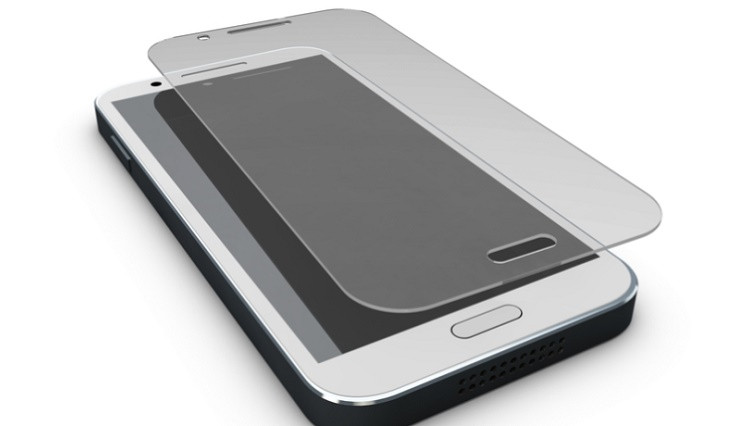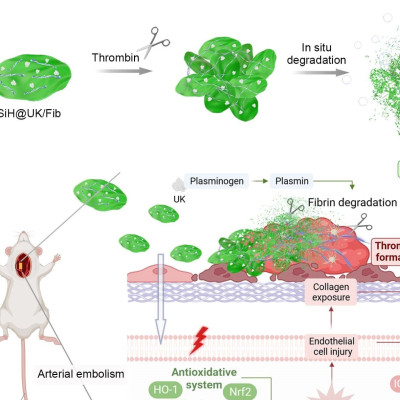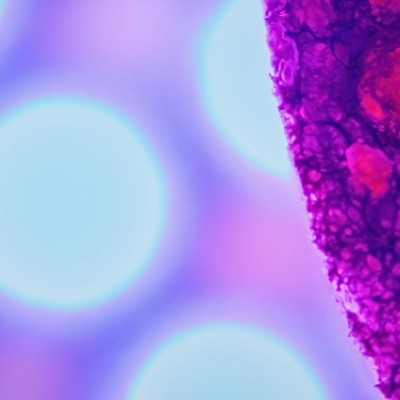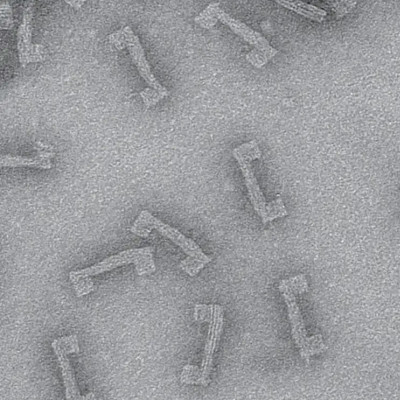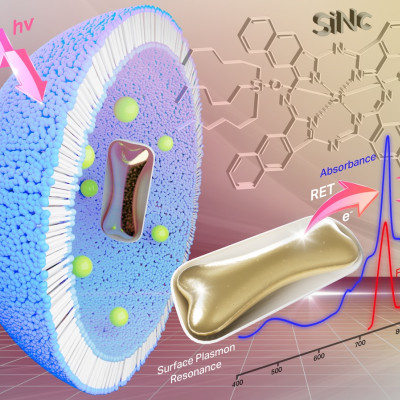Nanoveu Ltd’s story appears to be gaining significant traction, resulting in a doubling of the share price earlier this week. The source of the excitement? Its antiviral protective screens and cases for tablets and smartphones.
As the nanotechnology incorporated within them has proven to be effective against viruses and bacteria such as influenza-A and E. coli, why not see if it can help protect against the spread of the coronavirus? And in fact, that’s just what Nanoveu’s doing.
It is using independent labs in the US and Singapore to conduct testing on prototypes for the human coronavirus OC43, which is the same genus as SARS-CoV-2, the virus that causes COVID-19.
Ubiquitous mobiles
“Mobile phones are both ubiquitous and rely upon touch to operate, making them prime candidates for the spread of disease,” says Nanoveu’s chairman and chief executive, Alfred Chong.
“Therefore, we anticipate that there will be strong interest in a technology which can protect phone users from viruses and bacteria in a way which is non-invasive and unobtrusive.”
The average phone it seems is a veritable Petri dish. According to 2017 academic research, it is host to 17,000 bacterial gene copies. Worryingly, it is estimated viruses can live on your smartphone’s screen for up to 96-hours. That doesn’t just pose a risk to your health but contributes to the spread of the virus from any surface the phone touches.
Market potential
While anti-bacterial phone protective products are an established segment, Nanoveu believes its antiviral nanotechnology has the potential to be a market leader for phone cases and screen protectors because of their innate antiviral properties.
Other commercially available antiviral products require repeated ultra-violet light treatment, which is time-intensive and can only offer temporary results.
Path to market
The Singapore- and Perth-, Western Australia, based nano-technology specialist has produced 12 screen protector prototypes that will be subject to additional testing in product effectiveness trials. It is investigating potential mass production for a variety of different phone shapes and sizes.
And it will use its manufacturing and supplier contacts to accelerate product development and production to reduce the time typically required to bring a new product to the market. Indeed, preparations for the first production run are underway.
Full solution
To complement the screen protectors, Nanoveu is developing a case that provided protection to the back of a phone too. The case design is intended to be a conventional protective case layered with the same material as the screen protector.
Demand may be such that it can start to book pre-orders in parallel with product development and production. The plan, according to Nanoveu, is to have the first products on sale “late second-quarter 2020/early third quarter 2020”.
The company has appointed consultants to advise and guide it on compliance with the Australian Therapeutic Goods Administration (TGA) with the aim of submitting its innovation as a Class I Medical Device, which has a two-day approval period.
3D technology for handheld devices
The business isn’t simply a one-trick pony, it has developed several innovative technologies, including EyeFly3D. This is a low-cost screen protector and software that harness modern nanotechnology to convert 2D pictures, videos, mobile games, and streaming into 3D.
It is backed by patented research from one of Singapore’s leading science and technology organizations, A*STAR, and has won numerous industry awards.
And here’s one that will appeal to people of my particular vintage - EyeFyx, which allows people with age-related far-sightedness to read phones and tablets without having to scrabble around for their spectacles.
And finally, there’s Customskins - a first-of-its-kind vending machine that simplifies the fitting of mobile screen protectors across a range of smartphones. The machine installs screen protectors in just over a minute and with precision, which reduces waste and saves time.
Shares still below 12-month high
The coronavirus application for Nanoveu’s screens and cases has piqued interest and propelled the share price dramatically higher; however, that price remains below the 12-month high of 8 cents a share and a five-year peak of 15 cents.
It will be interesting to see going forward what the market makes of the current valuation (giving a market capitalization of $5.23 million).
Read the original article on Proactive Investors.

